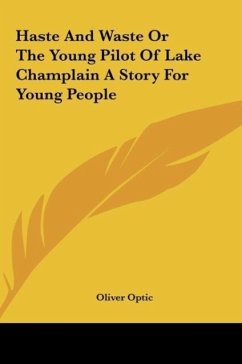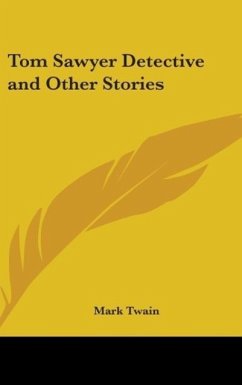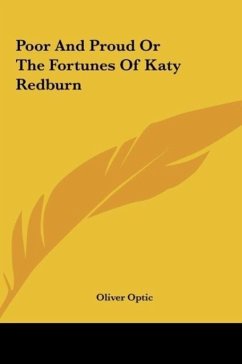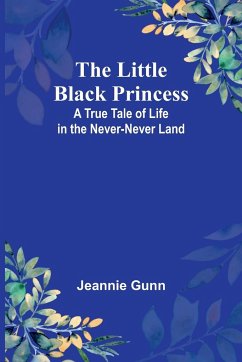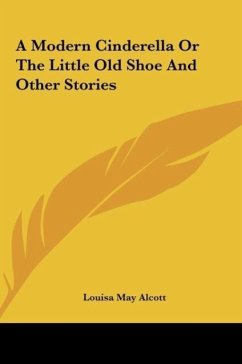
A Modern Cinderella Or The Little Old Shoe And Other Stories

PAYBACK Punkte
12 °P sammeln!
To all of which remarks Nan gave her assent; though the hop-pole took the likeness of a tall figure she had seen in the porch, the sage-bed, curiously enough, suggested a strawberry ditto, the lettuce vividly reminded her of certain vegetable productions a basket had brought, and the bob-o-link only sung in his cheeriest voice, "Go home, go home! he is there.





